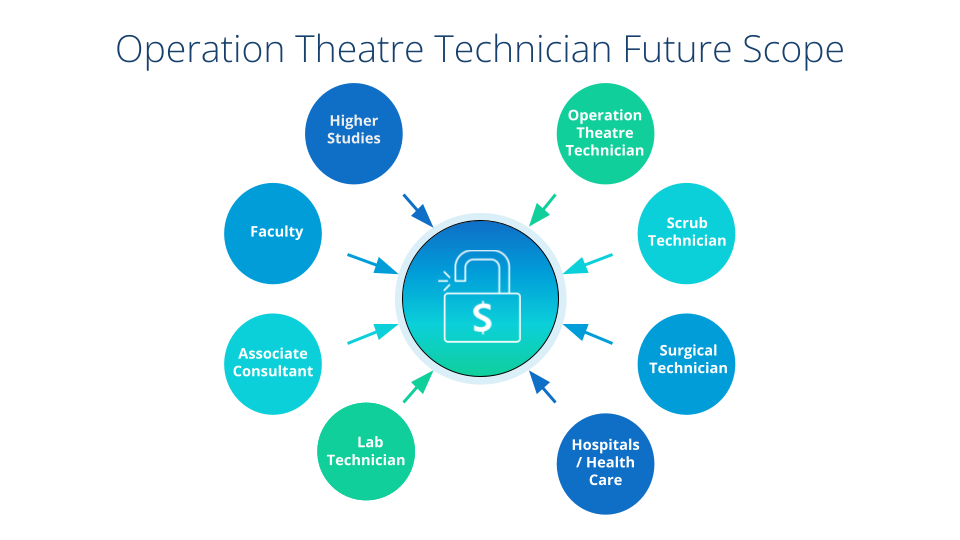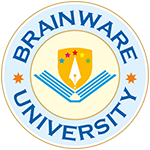
In modern hospital settings, the work of an Operation Theatre Technology Assistant (OTTA) is critical in maintaining the seamless operation of operating theatres. An OTTA is in charge of ensuring that all of the equipment and instruments used during a surgical procedure are operational and sterile. They are also in charge of maintaining the hygiene and cleanliness of the operating room. They also monitor patients throughout surgery, provide anesthetic, and provide post-operative care.
What skills are required for an OTTA?
To become an Operation Theatre Technology Assistant (OTTA), one needs to have a combination of technical and interpersonal skills. In addition to formal degree and training, an OTTA should have the following skills to perform their duties efficiently:
Technical Skills:
An OTTA should have thorough understanding of medical terminology and knowledge of anatomy and physiology. They should be familiar with the instruments, equipment and procedures used in an operation theatre. They must be proficient in handling surgical instruments, setting up and maintaining equipment, and ensuring that the OT is prepared for surgery. An OTTA should also have a knowledge of sterilization techniques and infection control protocols.
Communication Skills:
In order for surgery to proceed smoothly, an OTTA should be able to communicate effectively with other members of the surgical team, including surgeons and anesthesiologists, they must be able to communicate with patients, explaining procedures and calming their anxiety.
Attention to Detail:
An OTTA job requires a high level of attention to detail. They must be meticulous in preparing the operating room, checking instruments and equipment working correctly and in place before surgery begins.
Physical Stamina:
Physical stamina is necessary for an OTTA since their job involves long hours of standing on their feet and lifting, moving surgical machines if necessary.
What is an OTTA’s job description?
Preparing the Operating Room: An OTTA’s primary responsibility is to prepare the operating room for surgery. This includes setting up equipment, sterilizing instruments, and ensuring that the room is clean and free from contaminants.
Assisting the Surgeon: During surgery, an OTTA assists the surgeon by passing instruments, holding retractors, and ensuring that the surgical site is visible and accessible.
Monitoring Patients: An OTTA is responsible for monitoring patients during surgery, including their vital signs, blood loss, and anesthesia levels. They must be able to identify any potential complications and inform the surgeon and anesthetist promptly.
Maintaining Records: An OTTA is responsible for maintaining accurate records of surgical procedures, including patient information, surgical equipment used, and any complications or incidents that occur during surgery.
What courses must be taken to become an OTTA?
To become an Operation Theatre Technology Assistant (OTTA), one can pursue a Bsc Operation Theatre Technology. The duration of the course is typically 2 years, and the curriculum may vary from one institution to another. However, the following topics are generally covered in an OTT course:
Anatomy and Physiology:
This module covers the study of the human body and its functions. Students learn about the structure and function of different organs, body systems, and how they work together.
Medical Terminology:
In this module, students learn the medical terminology used in the healthcare industry. This includes prefixes, suffixes, and root words used to describe medical conditions, procedures, and medications.
Surgical Instruments:
Students learn about the different types of surgical instruments used in an operation theatre, their uses, and how to sterilize and maintain them.
Operating Room Management:
This module covers the management of the operation theatre, including infection control measures, preparing the operating room for surgery, and maintaining a sterile environment.
Anesthesia Management:
In this module, students learn about different types of anesthesia and their uses. They also learn how to monitor patients during anesthesia and manage any complications that may arise.
Surgical Procedures:
Students learn about different surgical procedures, including their indications, techniques, and post-operative care.
Patient Care:
This module covers the care of patients before, during, and after surgery. Students learn how to prepare patients for surgery, monitor their vital signs, and manage their post-operative care.
Medical Ethics and Legal Issues:
In this module, students learn about medical ethics, including patient confidentiality, informed consent, and the role of the healthcare worker in ensuring patient safety. They also learn about the legal issues related to the healthcare industry.

If you are seeking a career as an Operation Theatre Technician, consider enrolling in the Bsc Operation Theatre Technology offered by Brainware University, the best private university in Kolkata. Our comprehensive curriculum covers the essential skills and knowledge required to become an efficient OT assistant. Students receive personalized attention from our highly experienced faculty members, ensuring that they are well prepared to enter the workforce after completing the program . Get started today on your path to becoming an OTTA at Brainware University.








